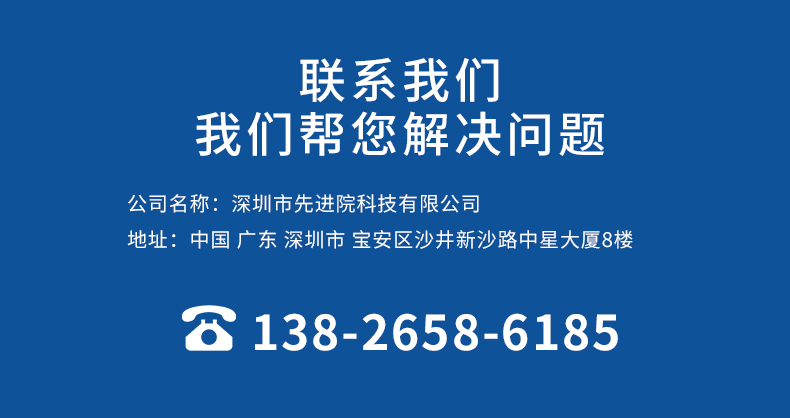

Hotline:0755-22277778
Tel:0755-22277778
Mobile:13826586185(Mr.Duan)
Fax:0755-22277776
E-mail:duanlian@xianjinyuan.cn
In today's rapidly advancing technology, cars are no longer simple means of transportation, but a mobile intelligent space that integrates communication, entertainment, navigation, and other functions. However, with the increasing number of electronic devices, electromagnetic interference issues have become increasingly prominent. At this point, a species calledAbsorberThe mysterious substance has entered our field of vision, and with its unique properties, it has brought the dawn of solving electromagnetic interference to the automotive industry.
Electromagnetic interference, abbreviated as EMI, is an unavoidable phenomenon in the operation of electronic devices inside automobiles. It may come from various electronic devices inside the car, such as navigation systems, audio systems, communication devices, etc., or from electromagnetic wave interference from the outside environment of the car. Electromagnetic interference may not only affect the normal operation of equipment, but in severe cases may also pose potential threats to the health of drivers and passengers.
Absorbing material is a special material that can absorb and reduce electromagnetic interference. Its working principle is based on the microstructure and electromagnetic parameters inside the material, which can effectively convert incident electromagnetic waves into thermal energy or other forms of energy, thereby reducing the reflection and scattering of electromagnetic waves and achieving the goal of reducing electromagnetic interference.
In the automotive field, the application of absorbing materials mainly focuses on the following aspects:
1. Reduce the impact of electromagnetic radiation on the human body
The interior space of a car is relatively enclosed, and electromagnetic radiation can easily circulate inside the car, potentially affecting human health. The application of absorbing materials can effectively reduce the intensity of electromagnetic radiation and protect the physical health of drivers and passengers.
2. Improve the performance of onboard electronic devices
Electromagnetic interference may lead to a decrease in the performance of in vehicle electronic devices, such as inaccurate navigation positioning and distorted sound quality in the audio system. The application of absorbing materials can reduce the impact of electromagnetic interference on equipment and improve its stability and performance.
3. Dealing with the challenges of external electromagnetic environment
During the process of driving a car, it may encounter electromagnetic interference from the external environment, such as lightning, radio signals, etc. The application of absorbing materials can reduce the impact of external electromagnetic interference on the equipment inside the car, ensuring the normal operation of the vehicle.
With the advancement of technology and the increasing demands of consumers for car comfort and safety,AbsorberThe application prospects in the automotive field are becoming increasingly broad. In the future, absorbing materials may play a more important role in automobile manufacturing, not only in reducing electromagnetic interference, but also in improving the energy efficiency and enhancing the stealth performance of automobiles.
conclusion
Absorbing materials, with their unique properties, are gradually becoming an important tool for solving electromagnetic interference problems in automobiles. With the continuous progress of materials science and the increasingly updated automotive technology, we have reason to believe that absorbing materials will play a more important role in the future automotive field, creating a safer, more comfortable, and healthier driving environment for drivers and passengers.

Advanced Institute (Shenzhen) Technology Co., Ltd, © two thousand and twenty-onewww.avanzado.cn. All rights reservedGuangdong ICP No. 2021051947-1 © two thousand and twenty-onewww.xianjinyuan.cn. All rights reservedGuangdong ICP No. 2021051947-2